Dhaka, Dec 20, (V7N) - Inquilab Mancha, a group consisting of students and public participants who took part in the July Uprising, is set to organize a mass hunger strike in Dhaka this Sunday to press for three key demands. The organization will stage a demonstration in front of the residence of Chief Adviser Dr. Muhammad Yunus, located by the Yamuna River, and also at the National Museum in Shahbagh.
The hunger strike is scheduled to begin at 12 PM on Sunday at Dr. Yunus' residence. Prior to this, Inquilab Mancha activists will hold an initial hunger strike at the National Museum at 9 AM. The participants are calling for immediate action on the following demands:
Cancellation of the Awami League’s Registration: Inquilab Mancha demands that the political registration of the Awami League be revoked, accusing the party of being involved in violence and atrocities during the July Uprising.
Arrest of Awami Terrorists Responsible for Massacres: The group is calling for the arrest and prosecution of those responsible for the violent attacks and killings during the July Uprising, which they describe as a massacre carried out by Awami League-affiliated terrorists.
Ensuring Security for July Uprising Participants: Inquilab Mancha is also seeking guarantees of safety for the individuals who took part in the July Uprising, emphasizing the need for their protection against potential retaliation or further violence.
Inquilab Mancha has expressed its resolve to continue this hunger strike until their demands are met, vowing to take further action if necessary. The group’s actions come in the wake of ongoing concerns about the treatment of July Uprising participants and their demands for justice.
The decision to hold the hunger strike is part of Inquilab Mancha's broader campaign to hold accountable those involved in violence during the Uprising and to challenge the political influence of the ruling Awami League. According to the organization, the hunger strike is a peaceful means of protesting against what they perceive as the state’s failure to act on these critical issues.
END/MSS/AJ/



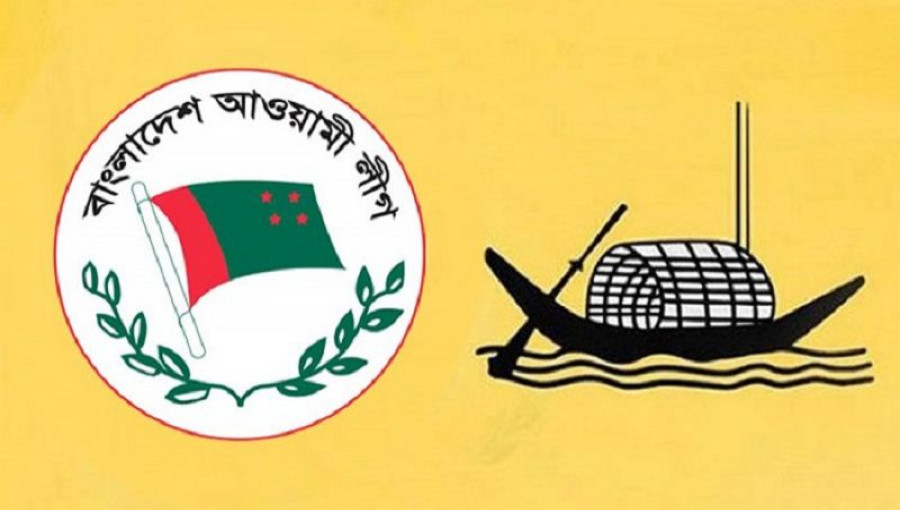
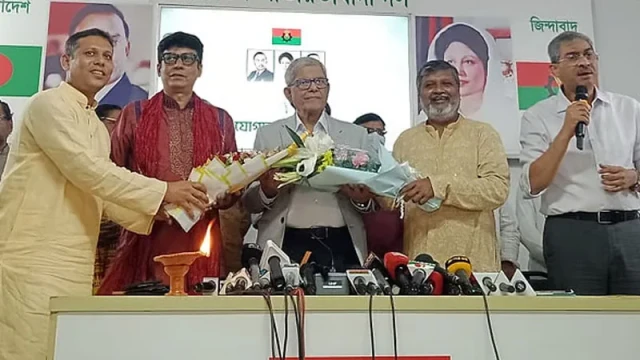
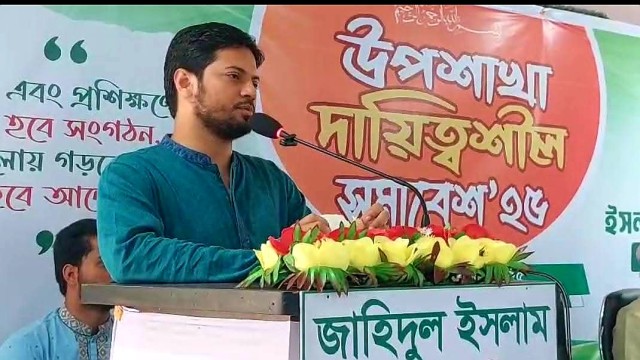
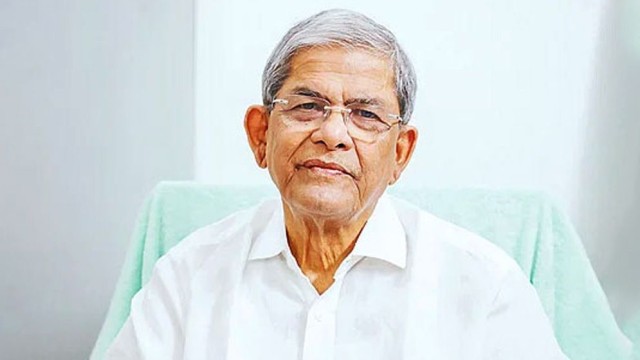
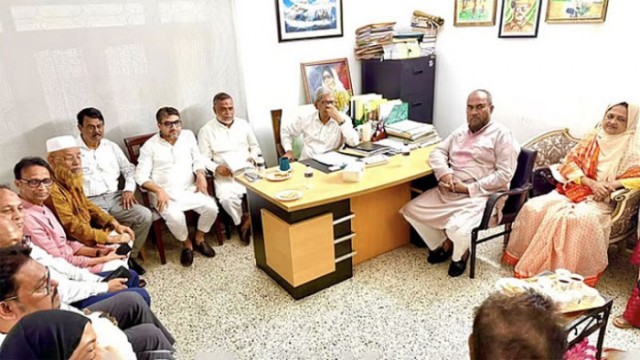
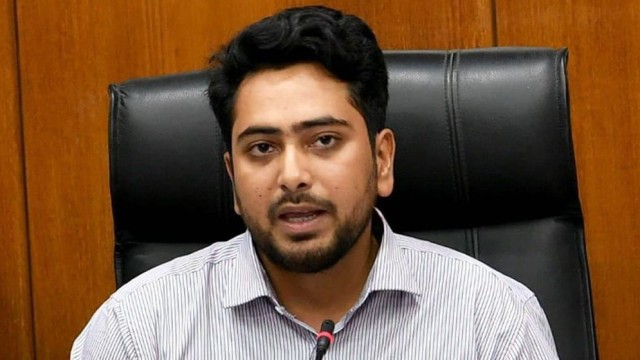
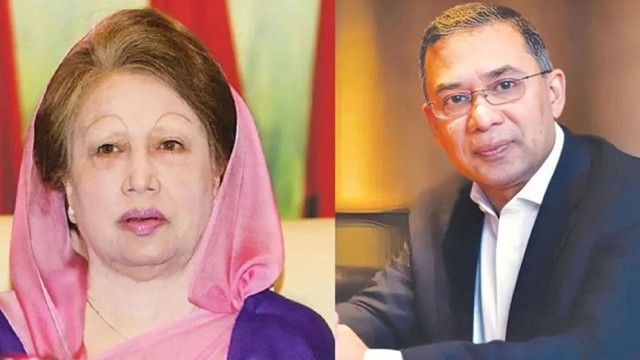
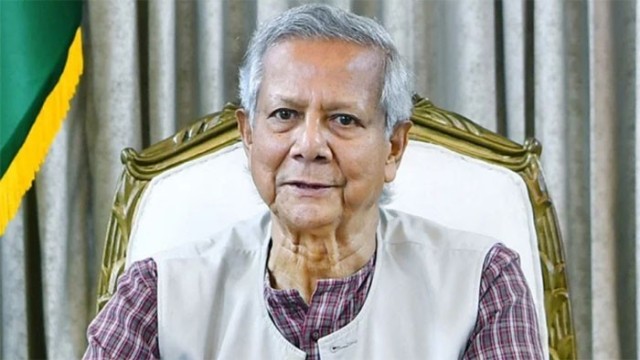
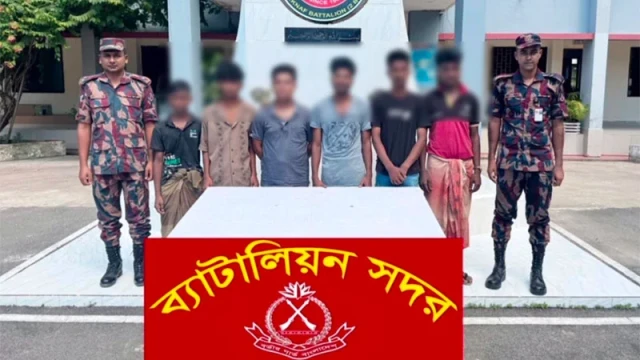
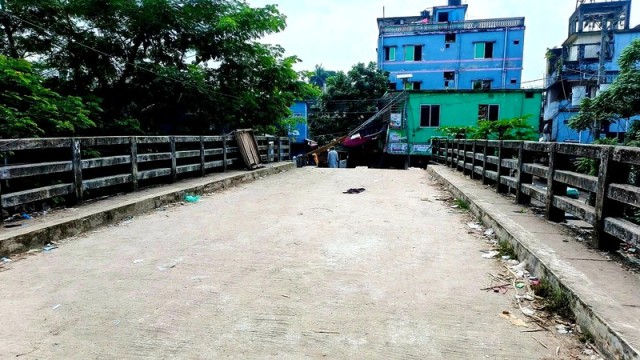
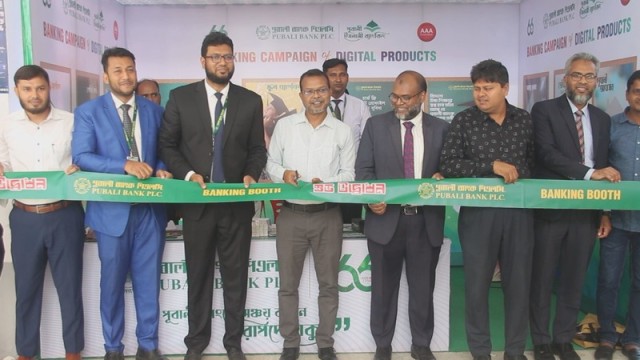
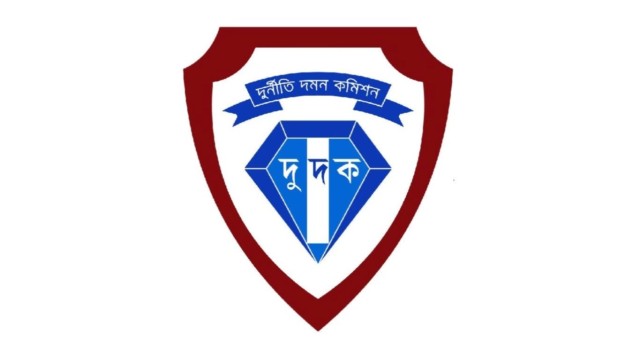
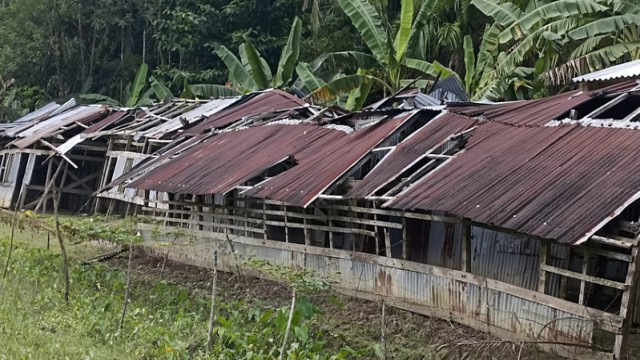
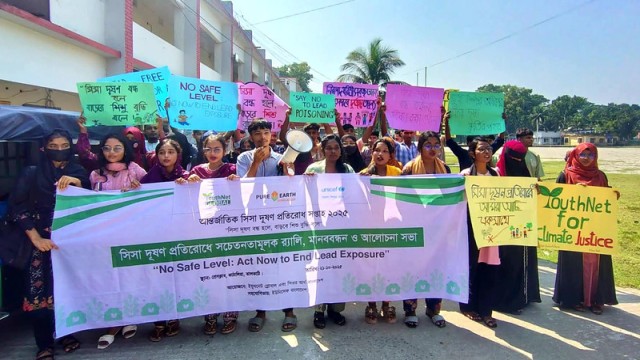
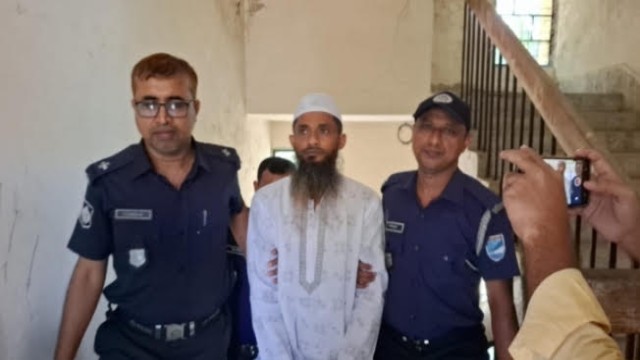
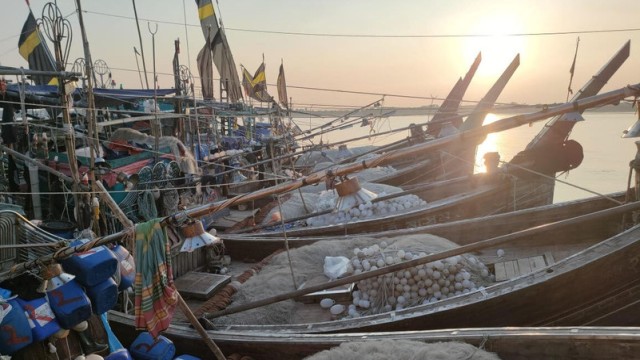
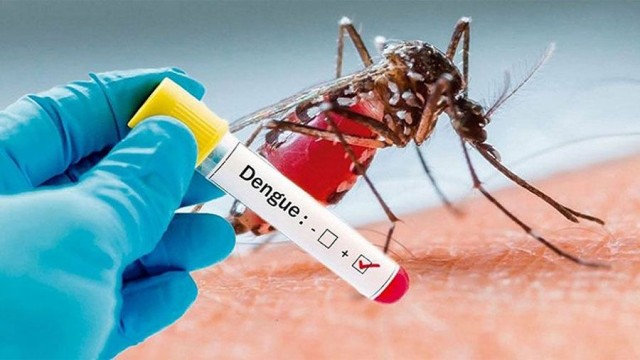

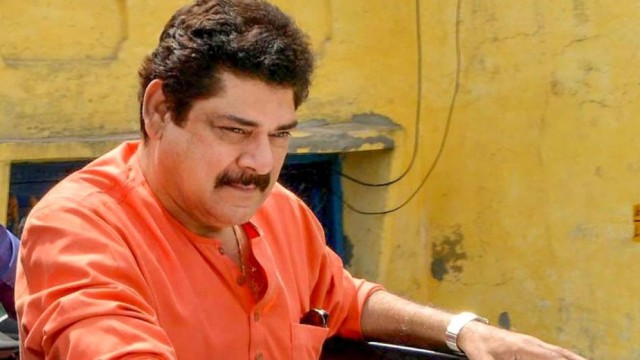
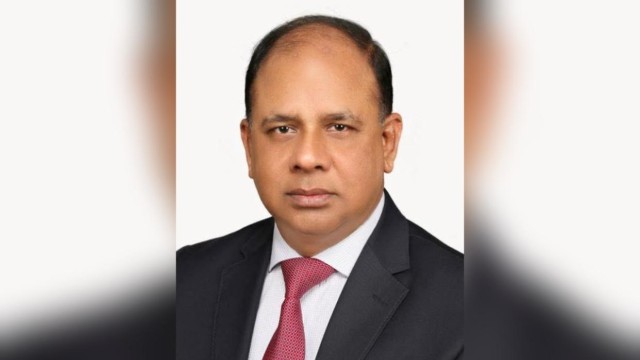
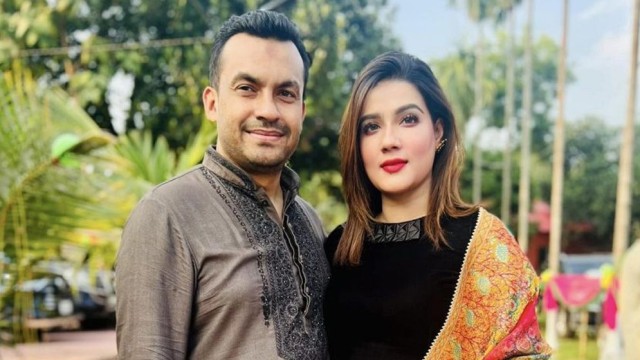
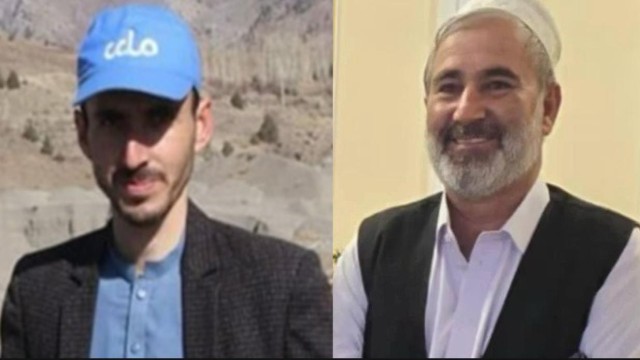
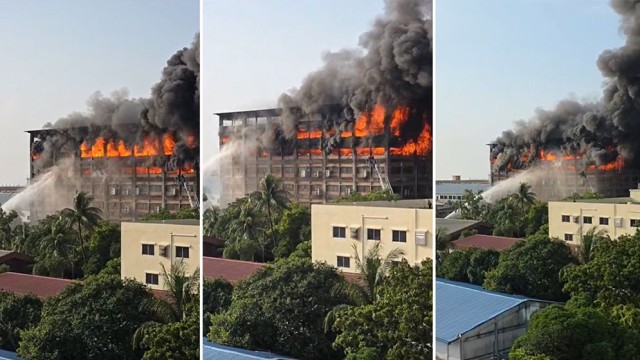
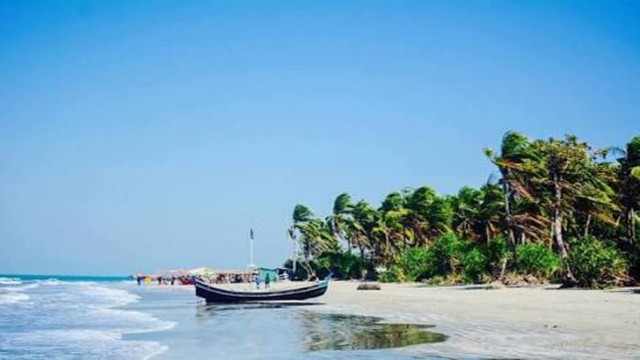
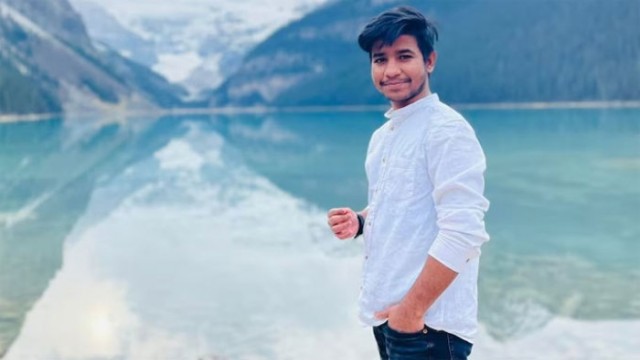
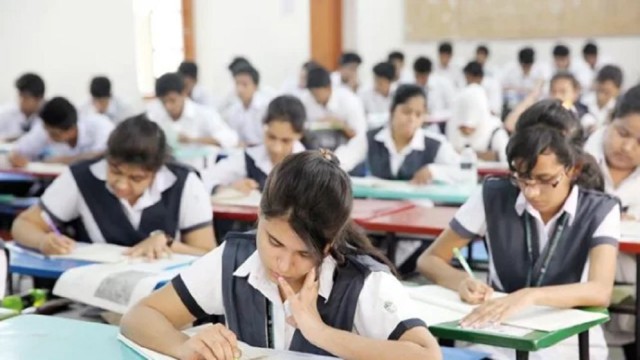
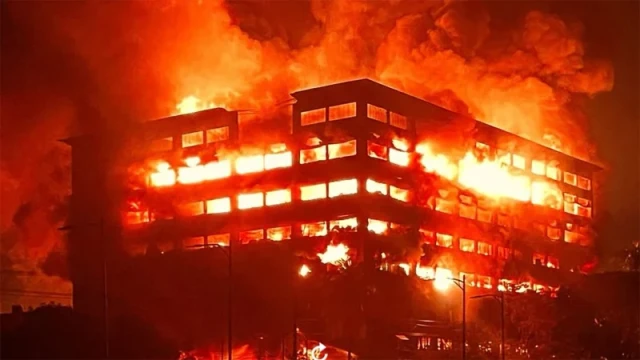
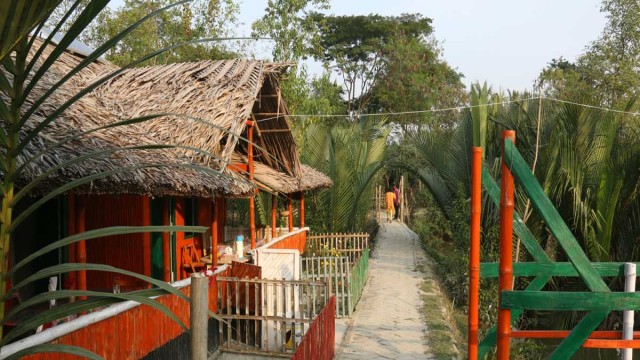
Comment: